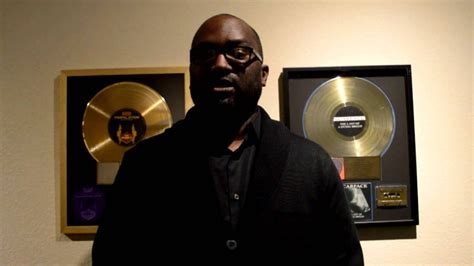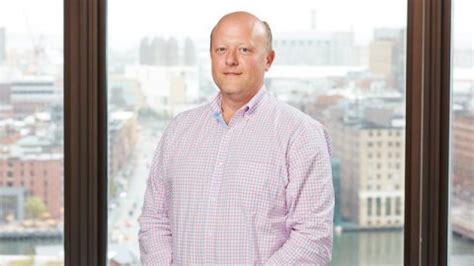A Quote by Stewart Butterfield
I related to the whole hippie, acid-test confluence of the early Internet. The idea that we should be open and interoperate with our data resonated with me.
Related Quotes
I was never a prisoner of any theory. What guided me were reason and reality. The acid test I applied to every theory or scheme was: Would it work? The acid test is in performance, not promises. It is not from weakness that one commands respect. As long as the leaders take care of their people, they will obey the leaders.
In my view, our approach to global warming exemplifies everything that is wrong with our approach to the environment. We are basing our decisions on speculation, not evidence. Proponents are pressing their views with more PR than scientific data. Indeed, we have allowed the whole issue to be politicized-red vs blue, Republican vs Democrat. This is in my view absurd. Data aren't political. Data are data. Politics leads you in the direction of a belief. Data, if you follow them, lead you to truth.
You might see someone with dreadlocks and label them a hippie in your head, but that doesn't mean they think of themselves that way. A lot of people look at me and see I have a beard and shaggy hair, and think I'm a hippie. I'm not a hippie, and I'm not not a hippie. I don't know what the f**k I am.
What I saw quite clearly in the '80s, before the internet, was that the whole world was shifting toward digital formats, and that didn't matter whether it's movies or writing or whatever. It was something that was coming. And with the invention of the World Wide Web in the early '90s, when we were teaching our first courses, or the arrival of the internet by way of the browser, which opened up the internet to everybody - soon it was just revolutionary.
One of the myths about the Internet of Things is that companies have all the data they need, but their real challenge is making sense of it. In reality, the cost of collecting some kinds of data remains too high, the quality of the data isn't always good enough, and it remains difficult to integrate multiple data sources.
Everyone should be concerned about Internet anarchy in which anybody can pretend to be anybody else, unless something is done to stop it. If hoaxes like this go unchecked, who can believe anything they see on the Internet? What good would the Internet be then? If the people who control Internet web sites do not do anything, is that not an open invitation for government to step in? And does anybody want politicians to control what can go on the Internet?


































